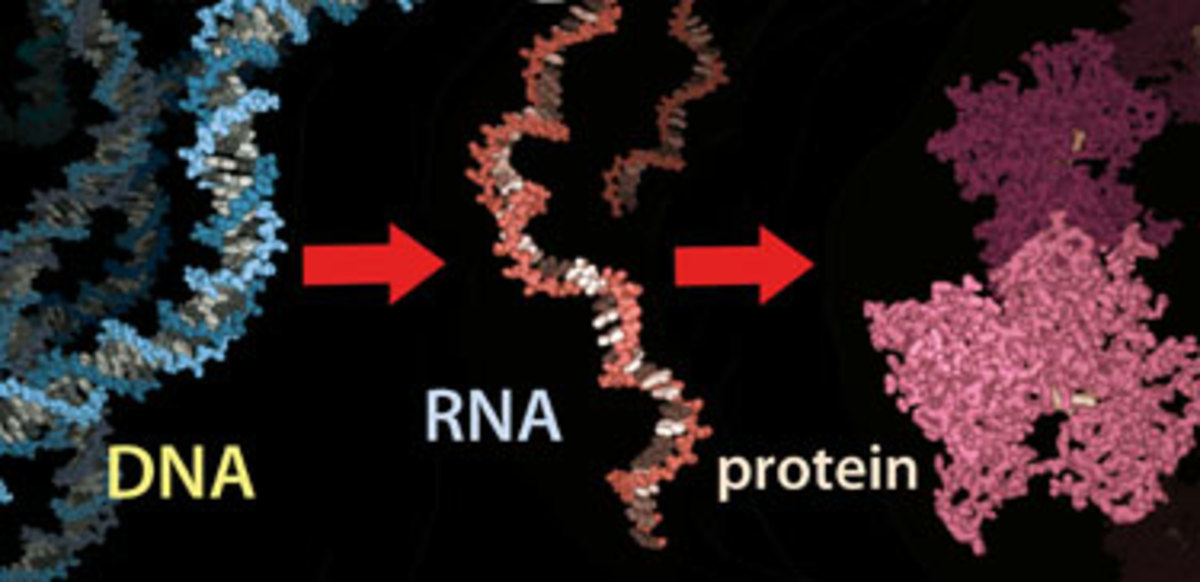Embryonic Stem Cells

What are Stem Cells?
Over the years, people have been debating the use of Embryonic Stem cells because some believe that it is unethical. Some people don’t have an idea about what a Stem cell even is, or where they come from.
Stem cells are human cells that can develop into different types of cells. They can serve as a repair system because they can restore other cells as long as the organism is living. They can remain a Stem cell, or develop into a different cell with more of a specialized function. For example: a Stem cell can develop into a muscle cell, a red blood cell, a brain cell, etc. They can come from certain areas of an adult, or can be taken from an embryo. The difference between Adult stem cells and Embryonic stem cells is that Adult stem cells can only be used as what they are, meaning if it is a blood cell, it can only be used as a blood cell. There are less available and come from only certain areas, while Embryonic stem cells can come from any part of the embryo and be used for any type of cell, and there are more available for utilization.
What Do Christians Have to Say about Embryonic Stem Cells?
So what’s so bad about using Embryonic stem cells? The reason Embryonic Stem cells are a controversial topic is because when extracting the Stem cells from the embryo, it completely destroys the embryo and there is no way to save it. Some Scientists argue that it doesn't matter that the embryo is destroyed because it is not alive yet, but the perspective of Christians is that, “a human is formed at the moment of conception,” says Quincy Balius. Christians believe that an embryo is a living thing created by God. They say that the embryos are meant to be a person and that they should not be murdered because God created them to be a person. Jeremiah 1:4-5 says that “Now the word of the Lord came to me, saying ‘Before I formed you in the womb I knew you, and before you were born I consecrated you; I appointed you a prophet of the nations. This means that embryos have a predestination. Predestination means that their life has already been planned before they were even born. God made the embryos to have a specific purpose, so by destroying embryos, your killing someone that has a role important to society.
Destroying embryos is murder according to Christians. Whether it’s through extracting stem cells or abortion, it is still murder, and Exodus 20:13 clearly and specifically says, “You shall not murder.” This is pretty much self explanatory. It is not man’s job to take life away from someone which is explained in Deuteronomy 27:25. It says, ‘Cursed is anyone who accepts payment to kill an innocent person.’ And all the people will reply, ‘Amen.’” Non-christians ask, why it isn’t ethical to allow the destruction of Embryos in order to help people who suffer from disease, and there is a simple answer for that. “Scripture resoundingly rejects the temptation to do evil that good may result (Romans 3:8).’” This means that even if by doing bad there is a good result, it is still not okay. For example: Cheating on an exam is always bad, but can have good results if you are not caught, but it’s still wrong.
Other Organizations Against Embryonic Stem Cell Use
Other pro-life organizations besides christians, such as “National Right to life” also oppose embryonic stem cells. On their website they have an entire collection of documents reinforcing their beliefs. Amongst these documents, is the text version of Former President Bush’s announcement in Crawford Texas back in 2001. In his announcement, Bush says that “Like a snowflake, each of these embryos is unique, with the unique genetic potential of an individual human being” which really is the key idea behind opponents of Human embryonic stem cell (hESC).
There are also pro-life Atheists out in the world who consider practices such as abortion and utilizing embryonic stem cells in a way that kills them “second-degree murder.” Don Marquis, an Atheist philosophy professor said that abortion is “immoral” because it denies the developing fetuses an opportunity for “a future like ours.” Abortion is the deliberate termination of a human pregnancy. The fetus still ends up dead with abortion just like in using embryonic stem cells, so calling them similar would be appropriate.
What Scientists Say
There are uninformed people that are in support of using embryonic stem cells because they are not aware of what is needed in order to use these stem cells. One person that is informed is Ronald A. Lindsay, who says in his book Future Bioethics how Human embryonic stem cell (hESC) research is moral and mentions that the idea that embryos are entitled to the same status as already existing humans is flawed. Lindsay says, “First of all, spare embryos are destined to die because they have been created by means of IVF to provide backup in case pregnancy is not successful. The creators of the spare embryos know that these embryos will be destroyed...If spare embryos were simply stored in perpetuity but possessed the same moral status as children, then the creators would be charged with unlawful imprisonment”. This means that if the embryos have the potential to become children and are just being stored, then it is really preventing the future child from becoming alive, which reinforces the idea that the potential child is not being allowed to come into the world.
What Should the American People Decide?
In conclusion, it is important for people to educate themselves on the controversial topic of embryonic stem cells. Just because Christians believe one thing, it doesn’t mean they are the only ones who believe it, there is a majority of non-christians who oppose embryonic stem cell use as well. Just be aware of both points of view and what is actually going on with embryonic stem cells.








